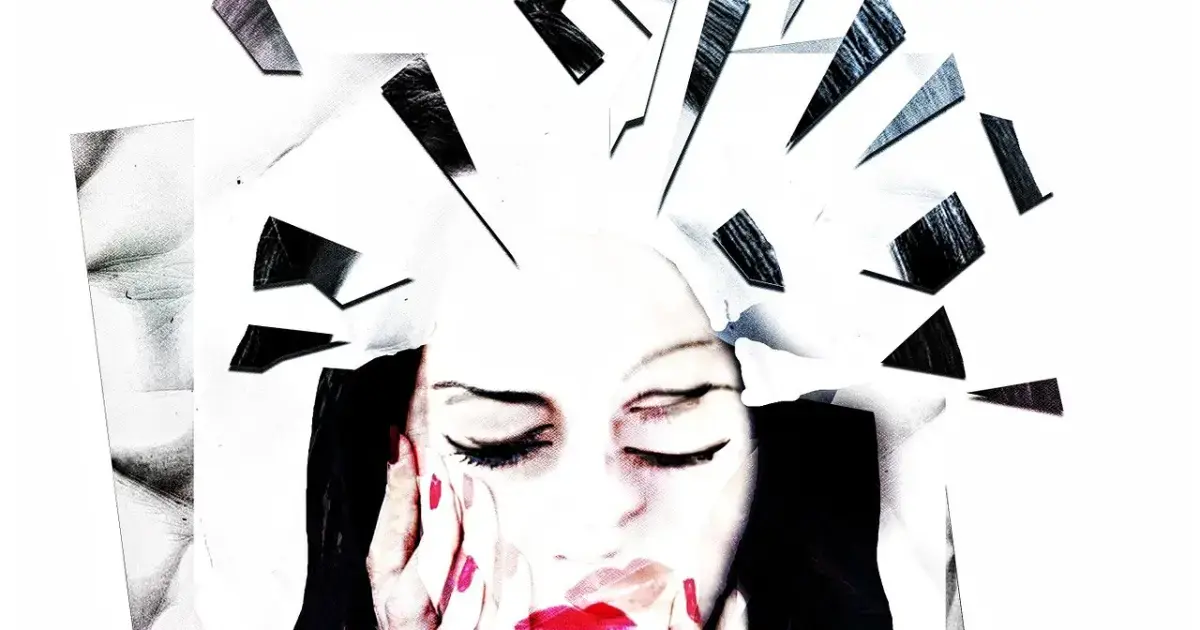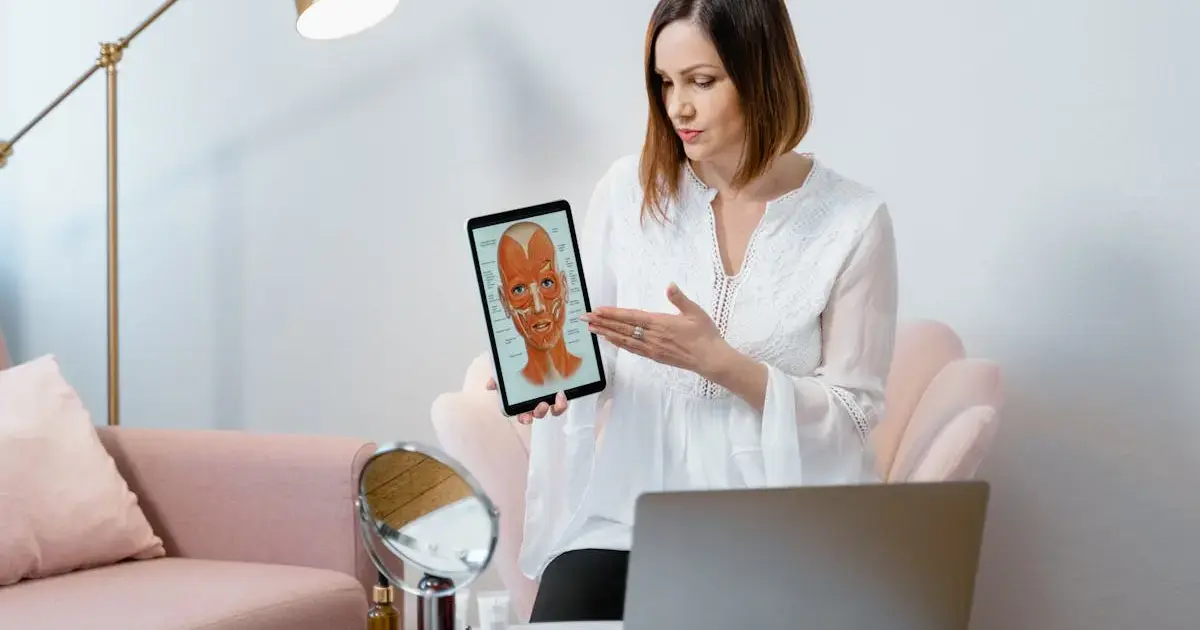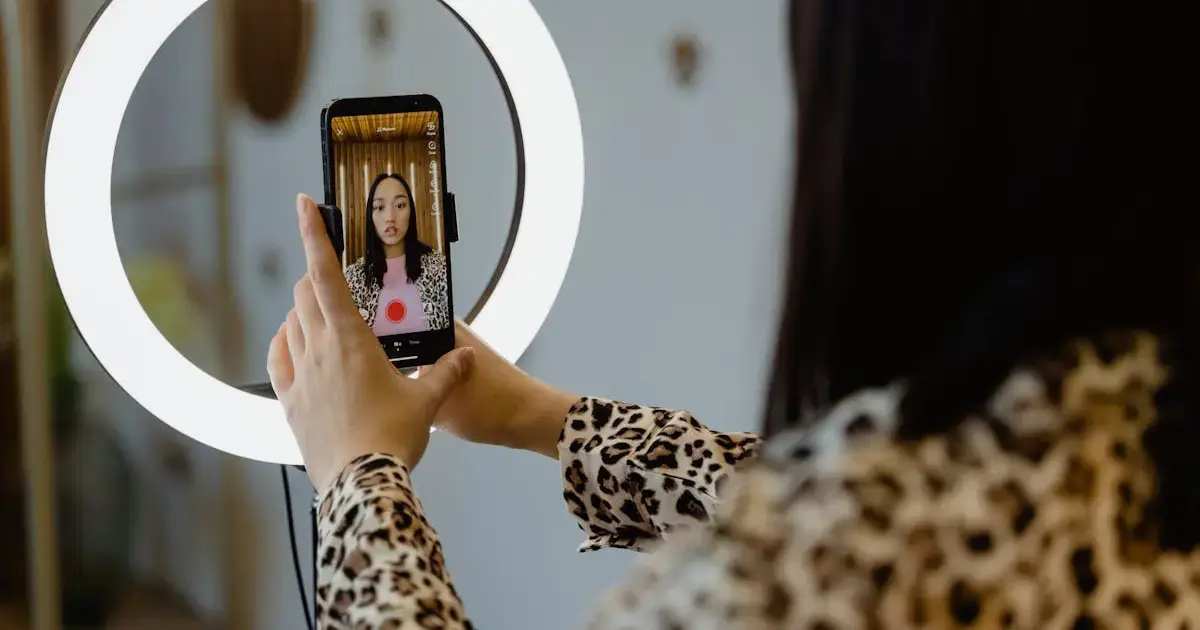 Neuroscientists are raising the alarm. have always evolved, but in the age of social media, they are changing at an astonishing pace. Each new standard is associated with an unattainable perfection, leading to comparisons, self-doubt, and ultimately, feelings of inadequacy. Our reacts painfully to all of this.
Neuroscientists are raising the alarm. have always evolved, but in the age of social media, they are changing at an astonishing pace. Each new standard is associated with an unattainable perfection, leading to comparisons, self-doubt, and ultimately, feelings of inadequacy. Our reacts painfully to all of this.
Researchers indicate that the brain is inherently programmed to respond to beauty. The sight of an attractive face activates pathways related to reward and social interaction, producing the pleasure hormone dopamine. This hormone is also released when we meet certain beauty standards. Over time, the brain adapts to these ideals, perceiving them as the norm.
The brain’s natural tendency to change, or plasticity, was once an evolutionary advantage. However, the digital world, which constantly alters our perception of beauty, ruthlessly exploits this plasticity, noted Laura Elin Pigott, a senior lecturer in neuroscience at London South Bank University.

How Does the Brain Become an Aesthete?
While we are born with a certain understanding of symmetry and aesthetic features that the brain associates with health and good genetics, our sense of beauty is highly plastic. According to neuroscientists, what we find attractive is shaped by what we constantly see and learn to appreciate.
This adaptation is facilitated by the brain’s reward and learning systems, particularly two areas known as the nucleus accumbens and the orbitofrontal cortex. These areas continuously update their “templates” regarding what is considered rewarding.
Over time, the persistent exposure to certain beauty ideals (such as flawless ) can alter our perception of what is normal or attractive. Psychologists refer to this as the mere exposure effect: the more we see something, the more likely we are to like it.
For instance, authors of one study found that participants rated as more attractive after seeing them multiple times. The participants’ brains confirmed this adaptation. With repetition, the areas of the brain responsible for reward and face recognition were activated, and the electrical signals related to attention and emotions became stronger.
In other words, the brain literally learned to consider these faces more beautiful. These findings partially explain why society quickly adapts to new beauty standards.

Ideals and Idols
Thus, our standards of attractiveness can easily become distorted. When is filled with idealized, edited images, our reward system begins to favor them.
But the most dramatic aspect is not even this. Researchers found that people shown digitally retouched faces subsequently felt dissatisfied with their .
According to Laura Elin Pigott, body dissatisfaction and anxiety about appearance are particularly common among teenage girls. In response to a distorted perception of reality, they become addicted to beauty filters.
The pressure of constantly changing beauty ideals has serious consequences for mental health, including low self-esteem, anxiety, depression, and eating disorders. Dissatisfaction with oneself can escalate into chronic and lead to social isolation.
Other consequences include anorexia nervosa, harmful dieting, steroid use, and compulsive grooming. In social life, all of this negatively impacts professional confidence and success, as noted by Science Alert.

How to Help Victims of Ideals?
By understanding how our brain reacts to beauty and how the environment can influence it, we can take control of the situation and improve our self-esteem, believes Dr. Pigott.
Again, this is possible thanks to the same plasticity of the brain. If repeated exposure to idealized images can condition us to them, then diverse realistic images can rewire those same neural connections in a healthier direction.
Filling social media with information about different body types, ages, and skin tones broadens our brain’s understanding of what is considered beautiful and helps counteract the ideals imposed by algorithms.
Researchers have shown that simple actions, such as unfollowing toxic accounts and taking breaks from social media, protect our brains from manipulation.
Science clearly shows: our brains are sensitive to what popular sources present to us. Knowing this vulnerability, we must recognize manipulation in time and regain control over our perception of beauty.
